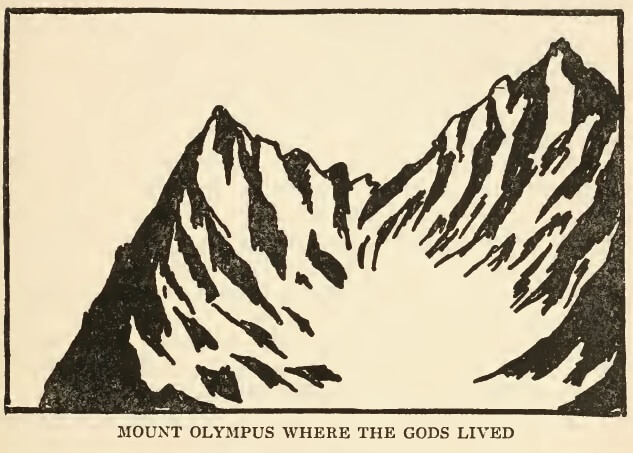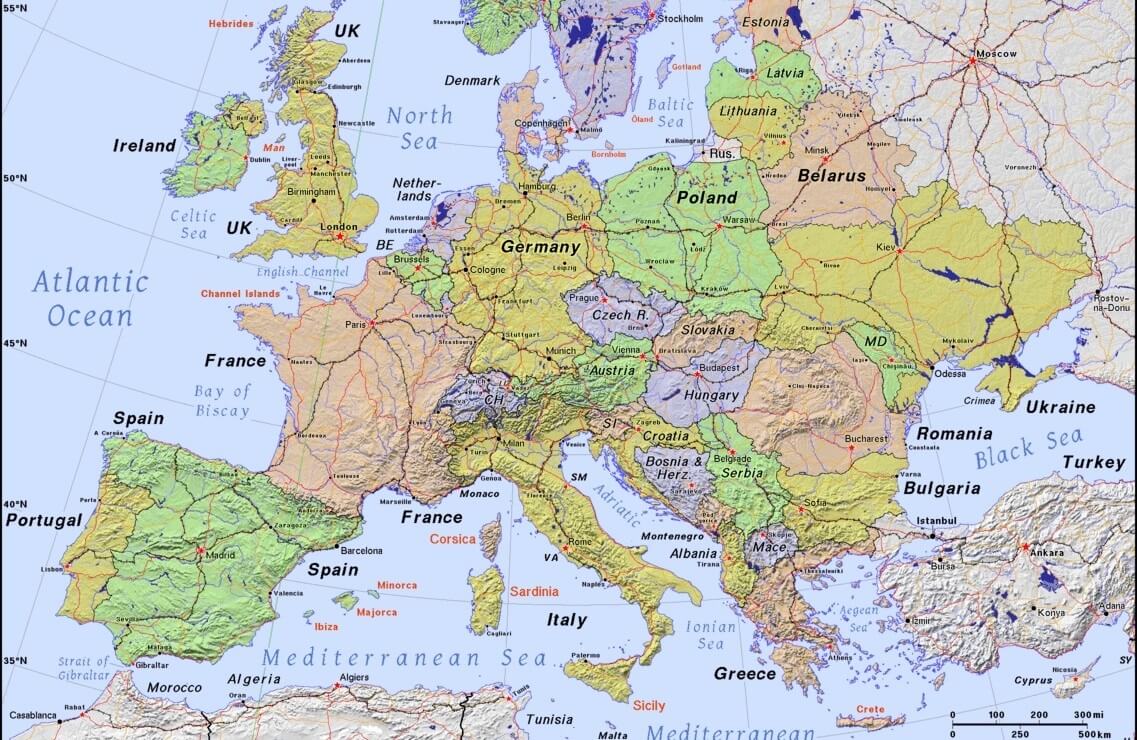 The Story of Mankind Part I
The Story of Mankind
The Story of Mankind Part I
The Story of Mankind


 The Story of Mankind Part I
The Story of Mankind
The Story of Mankind Part I
The Story of Mankind

Study the lesson for one week.
Over the week:
Activity 1: Narrate the Lesson
Activity 2: Study the Story Picture

Activity 3: Map the Story

Activity 4: Complete Copywork, Narration, and Dictation

Click the crayon above. Complete page 33 of 'World History Copywork, Narration, Dictation, and Art for Third Grade.'
Click the crayon above. Read the below instructions and complete page 34 of 'World History Copywork, Narration, Dictation, and Art for Third Grade.'
In Greek Mythology, the god Cronus swallowed each of his children as they were born. Cronus feared a prophecy which stated one of his children would one day overthrow him. When Cronus' son Zeus was born, Zeus' mother, Rhea, tricked Cronus into swallowing a stone instead of the baby. When Zeus grew up, he freed his brothers and sisters and overthrew Cronus. Zeus became a god of sky and thunder and served as the king of all gods.